Russia's Mir and Iran's Shetab payment systems have officially been linked at a ceremony in Tehran, meaning that Russian citizens will soon be able to use their Mir bank cards at Iranian ATMs.
Russia's financial system, touted by President Vladimir Putin as "absolutely healthy," now spans the globe. Which countries support it?
Today, Mir cards can be used in 12 countries: Belarus, Kazakhstan, Armenia, Azerbaijan, Tajikistan, Abkhazia, South Ossetia, as well as Cuba, Laos, Myanmar, Venezuela, and Vietnam.
Eight other countries are considering joining the payment system: Indonesia, Egypt, Thailand, India, Nicaragua, Mauritius, Nigeria and Ethiopia.
When it comes to Iran becoming another country where the use of the Mir platform is allowed, "it will make financial cooperation between Russia and Iran smoother and more efficient through the instant conversion and transfer of their currencies," Paul Goncharoff, veteran financial analyst and general director of consulting firm Goncharoff LCC, told Sputnik.
Citing current "pivotal times", he said that "every serious step" to develop and use "alternative payment methods to the US dollar-centric traditional system is part of an evolving, truly multipolar effort that forms only one part of what can be called a financial template for the future."
Globally, there are other countries that "want the freedom to choose their own path to economic development and find themselves in close cooperation to develop and then integrate usable payment systems using their national currencies," the analyst added.
"There is still ‘the Global South’, and a host of countries such as those participating in BRICS, SCO (Shanghai Cooperation Organization), ASEAN (Association of Southeast Asian Nations), ECOWAS (Economic Community of West African States), and MERCOSUR (Southern Common Market) [among others], with plans to connect financially to one or another degree over the coming few years," Goncharoff concluded.

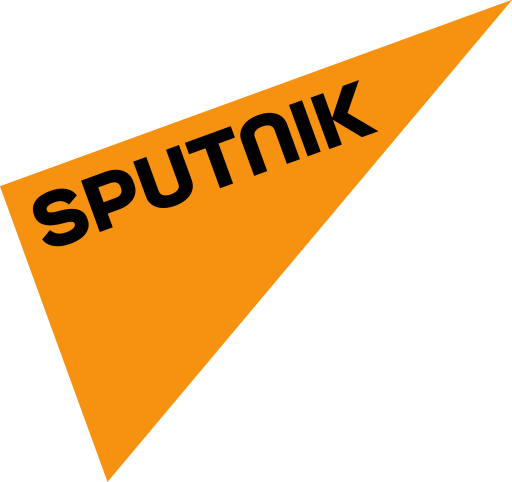 5 months ago
117
5 months ago
117
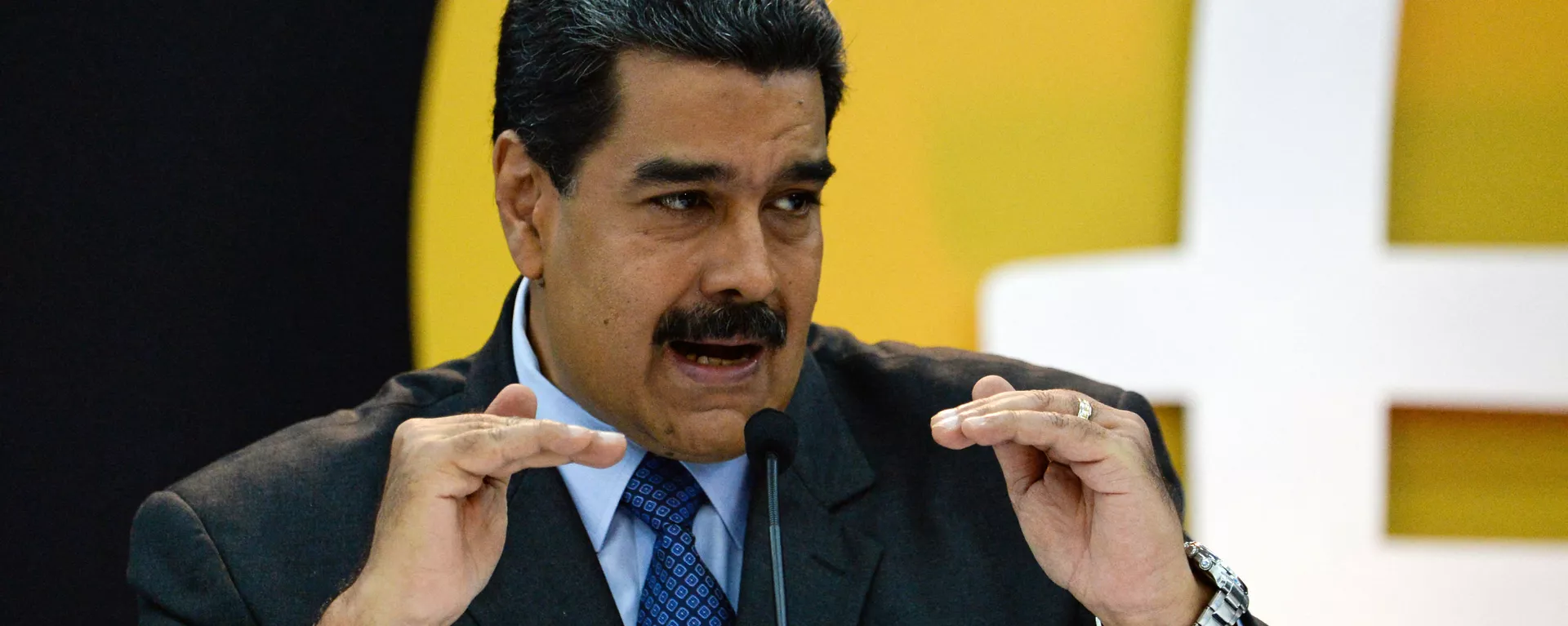

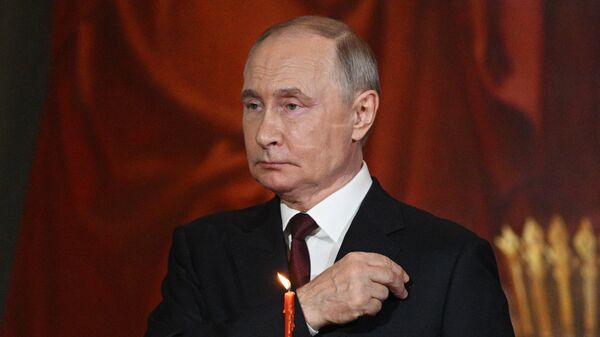
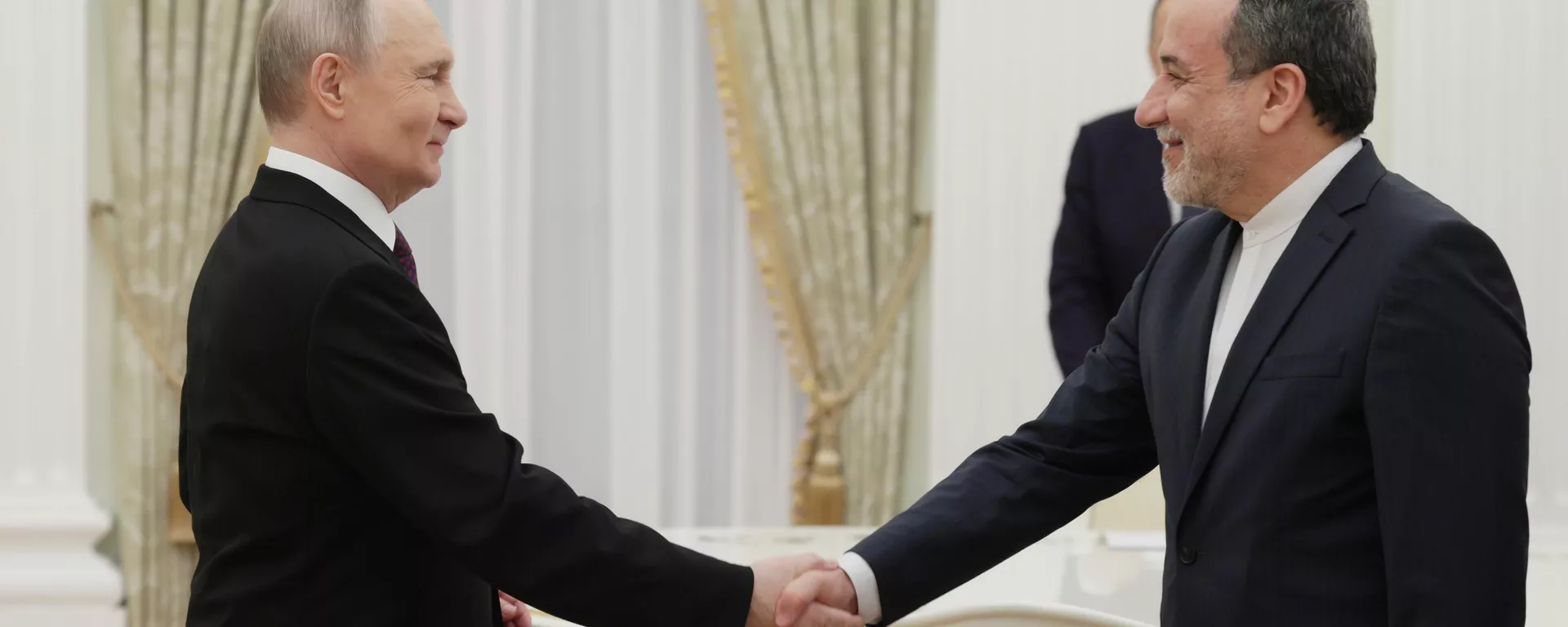
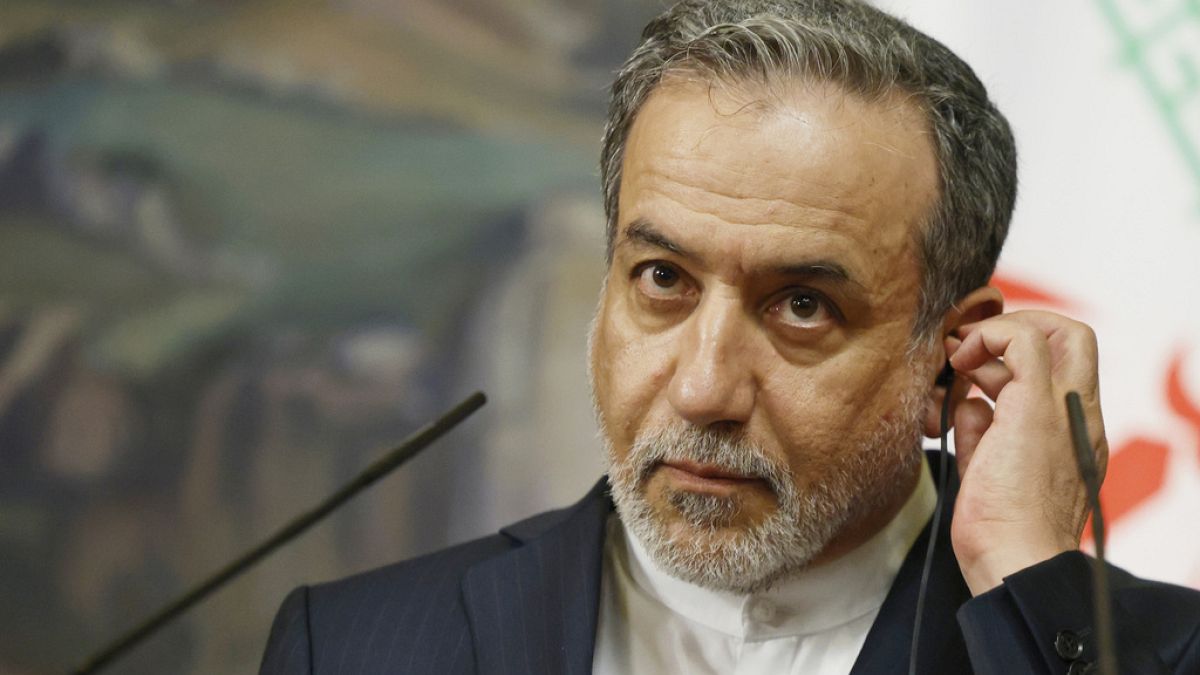
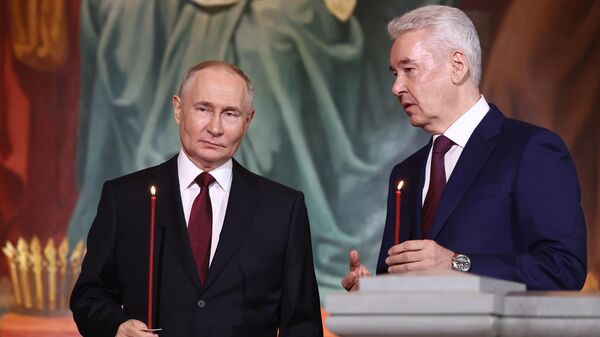
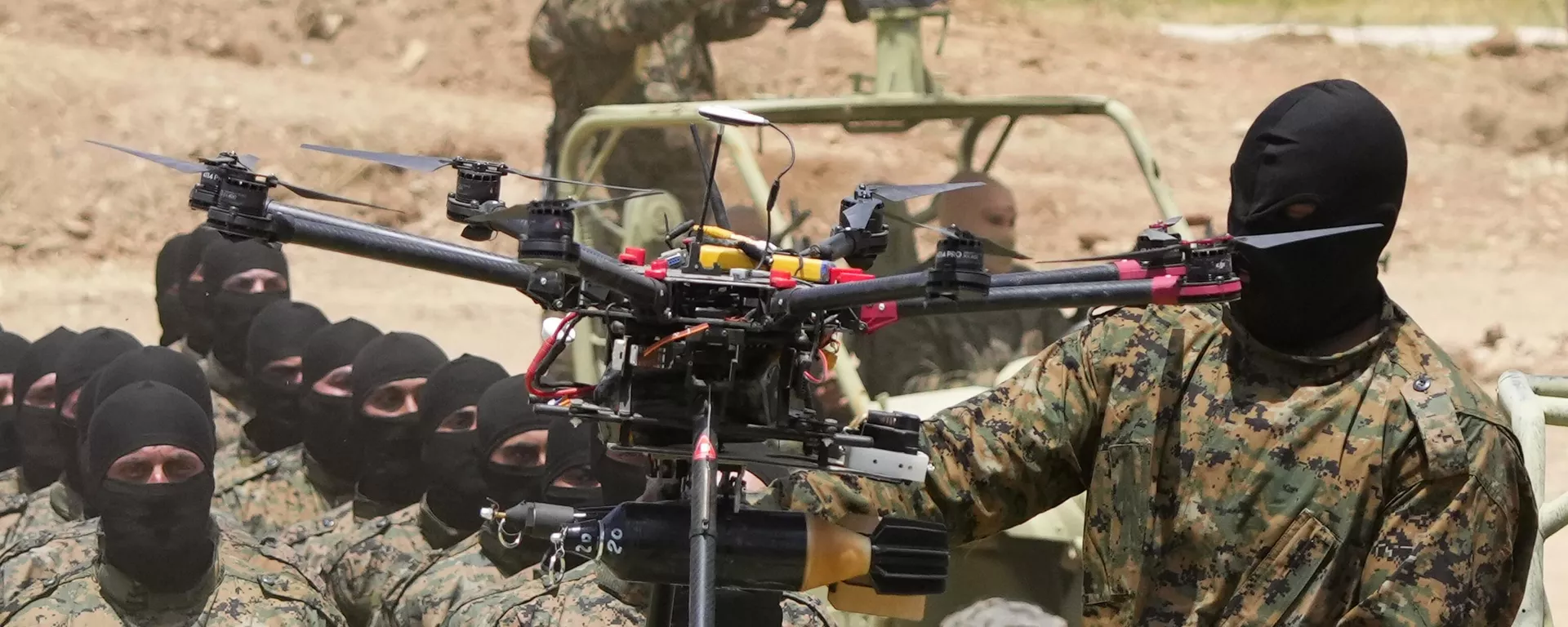
 We deliver critical software at unparalleled value and speed to help your business thrive
We deliver critical software at unparalleled value and speed to help your business thrive






 English (US) ·
English (US) ·